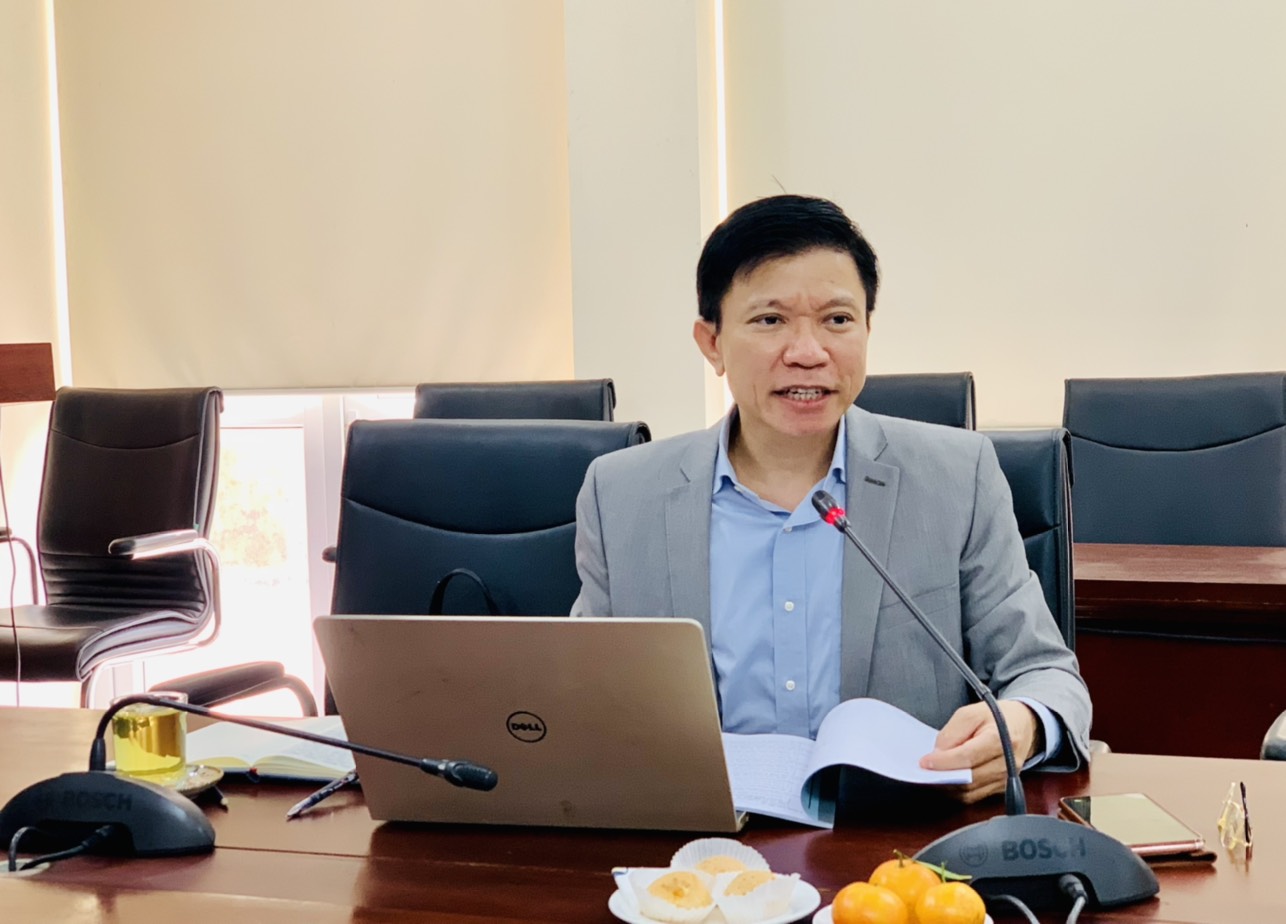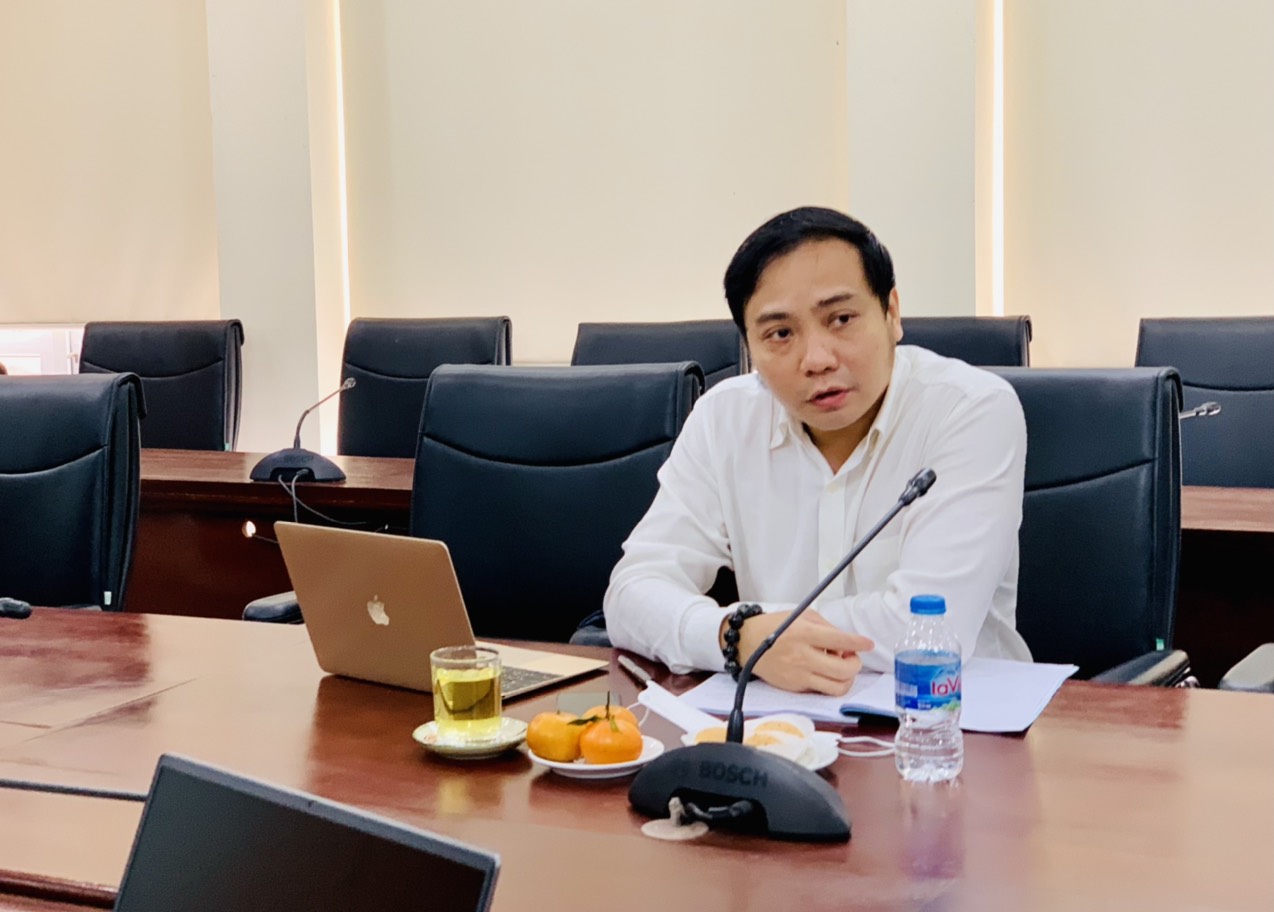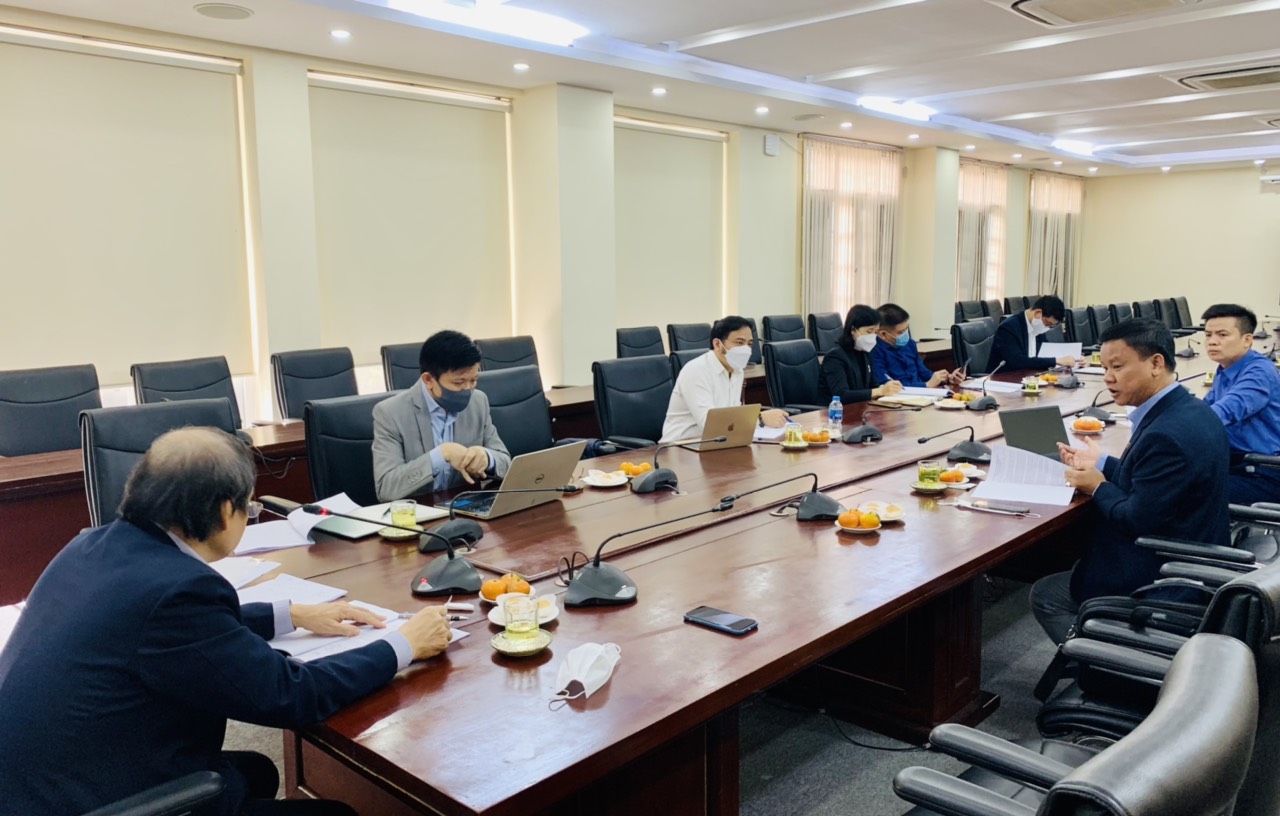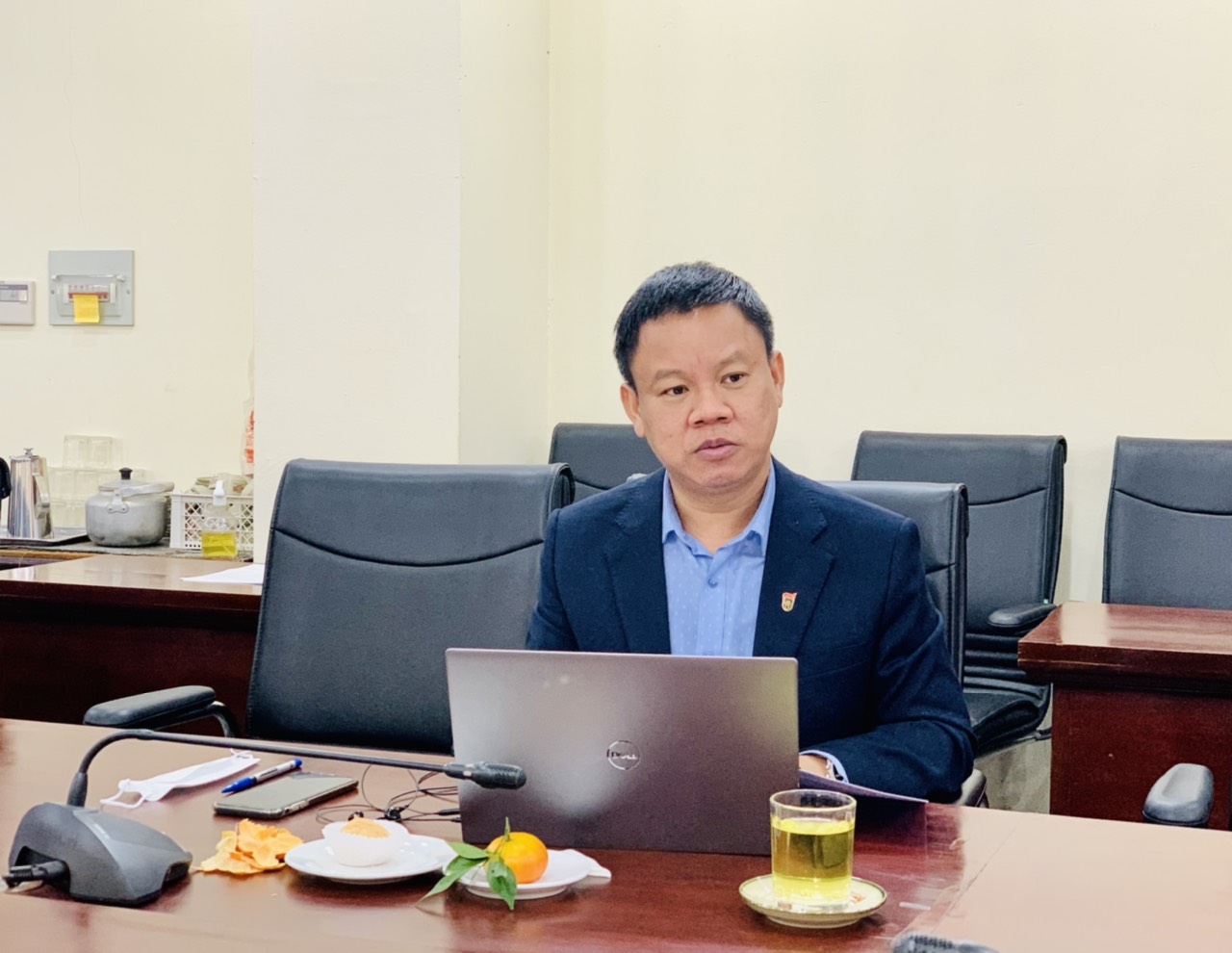After 10 years of implementing policies to promote international publication, the achievements in international publication of the School have been continuously improved in all aspects: the number of internationally published articles is increasing, the quality is going into depth; the culture of international publication is gradually forming among the staff; many scientific fields in the School have built a position in international publication; the international relationship network is increasingly open; many quality scientific products are the result of international cooperation being launched; international conferences in the field of Social Sciences and Humanities have become the brand of the School...

However, in the context of increasingly high demands for international integration in science, training units are increasingly investing heavily in international publications to improve the scientific capacity of staff, improve rankings, and enhance competitiveness in enrollment and recruitment. The School has identified one of the key and strategic tasks as improving the capacity for international publications in a sustainable manner, aiming at top-notch scientific products; focusing on building culture, ethics, academic integrity, and forming an international publication ecosystem. There is currently a lack of strong enough policies to create breakthroughs, lead, and orient the School's international publications in the coming time to meet the above requirements.

With those meanings, the Draft Decision on adjusting, supplementing, and amending the Program for promoting international publication and supporting doctoral training proposes a number of new points such as: expected direct investment for journal articles in the ISI and Scopus categories in Q1 up to 70 million; increasing the support level for books/international conference proceedings to a higher level... The Draft Decision on promulgating the Regulation on managing school-level research topics proposes to increase the implementation budget for each topic; aiming to give priority to staff who are masters and PhD students in the stage of needing to standardize academic titles and degrees; encouraging topic leaders to register articles for international publication. In addition, grassroots-level topics also give priority to proposals to upgrade and improve processes and tasks for functional departments. Regarding scientific seminars/conferences, members of the Standing Committee of the School's Science and Training Council suggest focusing on investing in international or national seminars; especially, there must be specific requirements on scientific output products for each seminar.

Based on the opinions of the Standing Committee of the Science and Training Council, 02 documents on supporting international publications and adjusting regulations on grassroots scientific research topics will continue to be edited by the functional unit and submitted to the Board of Directors for approval, expected to be officially issued in 2022. The proposed list of scientific seminars/conferences and grassroots scientific and technological tasks will also be adjusted to closely follow the major scientific orientations of the School and update new scientific issues and trends in the world.




